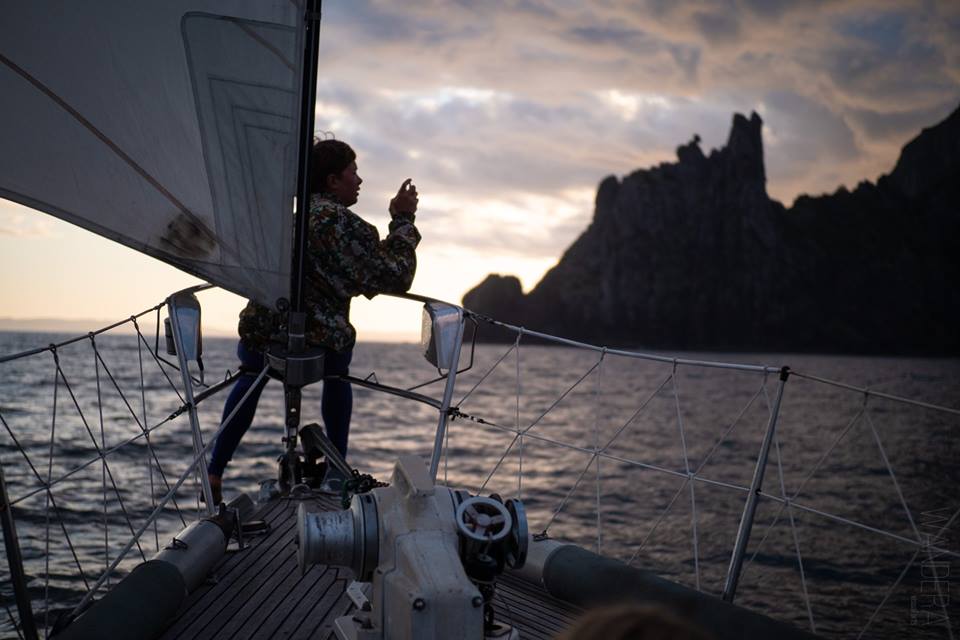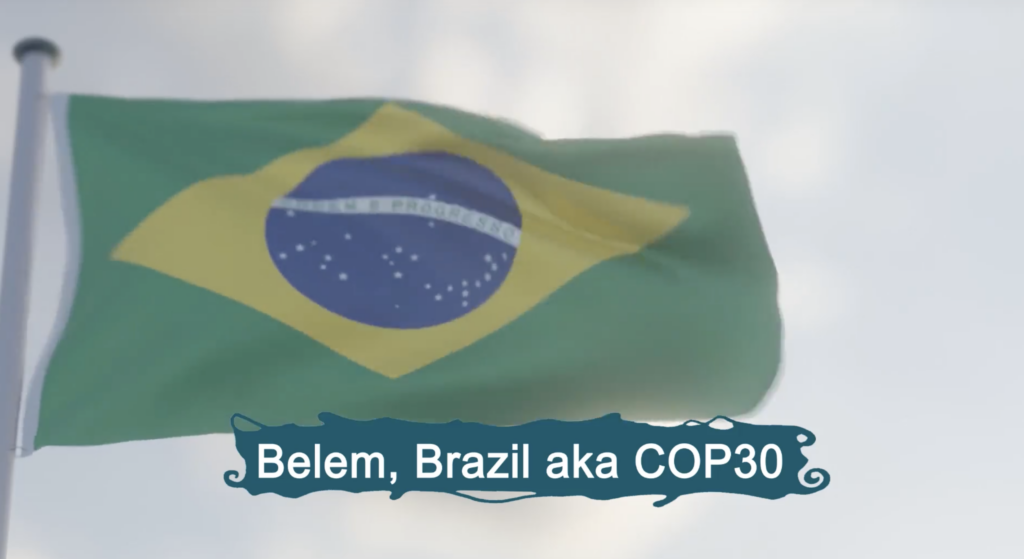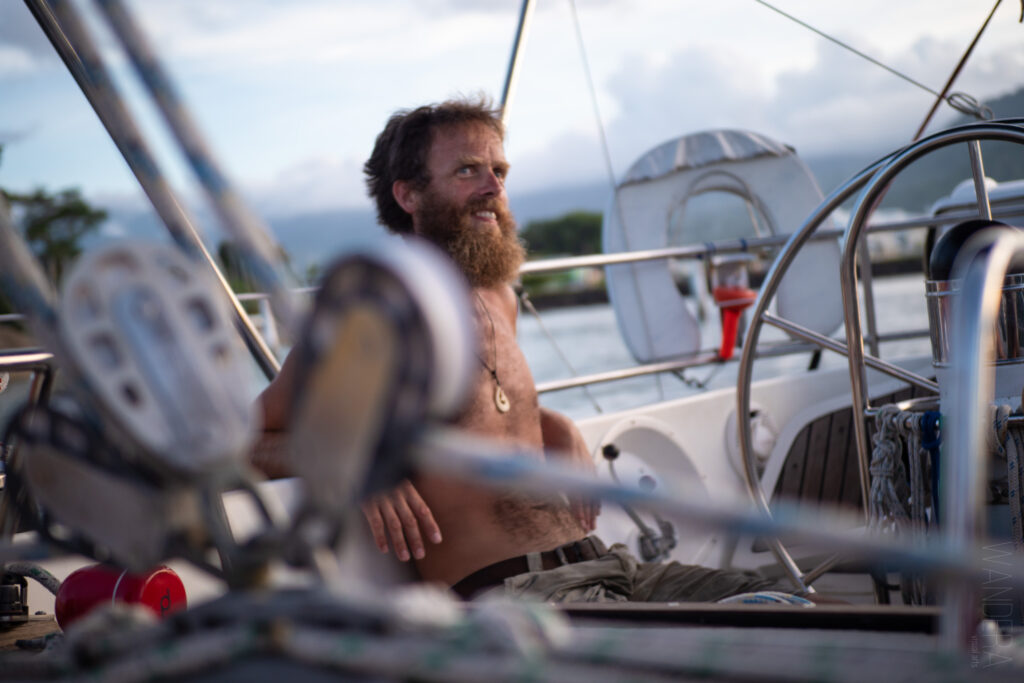The Journey

Itinerary and Plan
A three stage journey
Stage 1 – Outbound voyage
On the outbound sail (itinerary below), we will strategise for COP30. We will have a mix of delegates and activists aboard, to encourage public education and cross fertilisation of ideas and strategies.
Stage 2 – COP30 in Belem
While in Belem many of our Ships used for the Atlantic crossing will be available as “AirB&B” type facilities and COP venues. It’s likely our ships will be anchored in the river. F4C will be providing a water taxi service for early risers and night owls.
Stage 3 – Return voyage
On the return sail, we will focus on reflection through conversation, arts and culture, facilitated engagement and how we can support societal attitudes towards political change. Sustaining the actions, concepts and ideas born from the first two stages, will have time to percolate and solidify as we return by sail via the Caribbean and Azores.

Outbound Voyage
Sailing vessels will assemble or pass through western Europe around the times suggested below. Initial ports of departure and exact details will vary from vessel to vessel.
1st October – 9th November 2025
Western Europe to Belem for COP30 start
Life on board: When you are onboard with F4C you will have the freedom to spend your time as you choose or participate as an ‘active-passenger’ in a social onboard community. Talks, workshops, games, spaces for exercise and reflection are all part of the programme.
Itinerary:
Western Europe – 1st week October 2025:
- Mass meeting of the entire fleet’s personnel for pre-departure safety briefings, etc.
Las Palmas, Gran Canaria – 2nd week of October 2025
- Arrival, victualing and next facilitated meeting.
- 2-3 days layover
Mindelo, Cape Verdes 3rd week of October 2025
- Arrival, victualing and next facilitated meeting.
- 2-3 days layover
Belem, Brazil – 1st / 2nd week November 2025
- Arrival and welcome party media event to showcase the travel commitment made and plans for F4C events during COP, post event and return to Europe.

Belem, the mouth of the Amazon River


COP30 in Belem, Brazil
10th – 25th November 2025
Many of our ships will serve as ‘Air B&B’ and alternative COP venues while in Belem.
Finding accommodation has been difficult at previous UNFCCC COP events. For people travelling with F4C we will, in nearly all cases, ‘house’ those who’ve travelled with us on-board their ships.
We are also planning parallel events for delegates onboard our larger ships as alternative meeting spaces for the COP meetings whilst in Brazil.
It promises to be an unforgettable and adventurous growth experience, and we need your help to make this happen.


Return Voyage
23rd November – 20th December 2025
Belem to Europe
Almost every ship that sails out will have a different return trip itinerary. There will be faster ships heading straight back by the shortest route and there will be ships lingering to explore Amazonian ground-based projects.
There will be many opportunities for unity through deep conversation, arts and culture as we hug the coast of the Americas and pause at the Azores as we utilise the trade winds.
On the return sail, we will focus on reflection through conversation, arts and culture, facilitated engagement and how we can support societal attitudes towards political change.
Crew will have an optional, guided ‘de-compression’ process onboard and stop overs, visiting interesting Caribbean and environmental, creative or reflexive projects.
The ‘De-Compression’ Process could be anything from an arts program, musical reflections, daily expert offerings and simple quiet time to digest. As mentioned, each ship will be different in this aspect, so choose your return vessel wisely!
We will elevate the importance of valuing and protecting oceans. The weather will determine the exact route on this late Autumn crossing sowe will be able to feel the majesty and power of the Ocean in all her wild glory.
Furthermore, the future beyond COP30 – this project is an essential opportunity to gain new knowledge about the viability and future of sustainable ocean travel.
Research: It is a unique opportunity to gain essential information about who is motivated to use alternative approaches to flying. How does this link with “productive working” practices for those who can’t take three weeks out, but still want to be sustainable? There needs to be an audacious approach taken to understand alternatives to flying. We all need to shift the Overton window of how we travel!
Spreading the word via your socials would help us hugely!
Click below for our influencer packs and spread the word to your friends and followers:
Simple influencer pack – share on your socials. Simple ‘introducing-us-to-your-friends’ post and reel.
Deluxe influencer pack – share on your socials. Includes promo video, posts, reels and images.
Thank you kindly!


